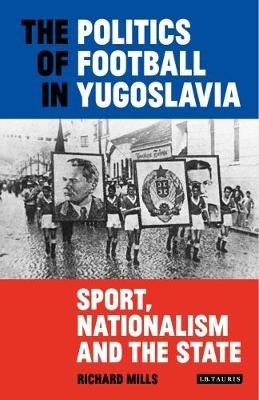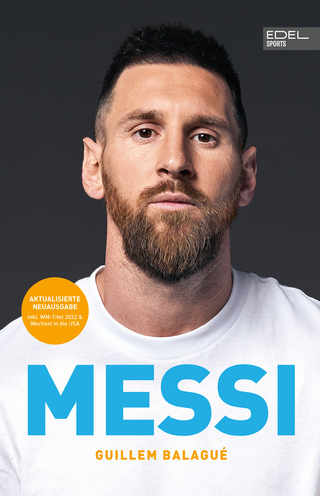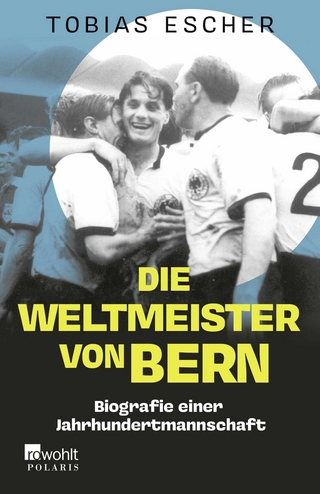
The Politics of Football in Yugoslavia
I.B. Tauris (Verlag)
978-1-78453-913-9 (ISBN)
Winner of the Lord Aberdare Literary Prize for 2018
Even before Tito's Communist Party established control over the war-ravaged territories which became socialist Yugoslavia, his partisan forces were using football as a revolutionary tool. In 1944 a team representing the incipient state was dispatched to play matches around the liberated Mediterranean. This consummated a deep relationship between football and communism that endured until this complex multi-ethnic polity tore itself apart in the 1990s. Starting with an exploration of the game in the short-lived interwar Kingdom, this book traces that liaison for the first time. Based on extensive archival research and interviews, it ventures across the former Yugoslavia to illustrate the myriad ways football was harnessed by an array of political forces. Communists purposefully re-engineered Yugoslavia's most popular sport in the tumult of the 1940s, using it to integrate diverse territories and populations. Subsequently, the game advanced Tito's distinct brand of communism, with its Cold War-era policy of non-alignment and experimentation with self-management. Yet, even under tight control, football was racked by corruption, match-fixing and violence. Alternative political and national visions were expressed in the stadiums of both Yugoslavias, and clubs, players and supporters ultimately became perpetrators and victims in the countries' violent demise.
In Richard Mills' hands, the former Yugoslavia's stadiums become vehicles to explore the relationship between sport and the state, society, nationalism, state-building, inter-ethnic tensions and war. The book is the first in-depth study of the Yugoslav game and offers a revealing new way to approach the complex history of Yugoslavia.
Richard Mills is lecturer in Modern European History at the University of East Anglia, where he received his PhD, and has recently become the course director there for the BA in Modern History. Mills has published in peer-reviewed journals, edited collections and the popular sports magazine When Saturday Comes. He has guest lectured at the CIES's prestigious FIFA master's programme.
Introduction
Chapter 1 - Antecedents: Football in the Kingdom, 1919–1941
Chapter 2 - Liberation Football, 1941–1945
Chapter 3 - (Re)constructing the Yugoslav Game, 1945–1948
Chapter 4 - A ‘Golden Age’? Prestige, Problems and the ‘Third Way’ after 1948
Chapter 5 - Keeping the Revolution Alive: The Long 1970s
Chapter 6 - After Tito – Nationalism! The 1980s
Chapter 7 - The Maksimir Myth
Chapter 8 - On the Brink: The 1990–1991 Season
Chapter 9 - Football on the Frontlines, 1991–1995
Conclusion
| Erscheinungsdatum | 14.06.2018 |
|---|---|
| Zusatzinfo | 34 bw integrated, 5 maps |
| Sprache | englisch |
| Maße | 138 x 216 mm |
| Gewicht | 630 g |
| Themenwelt | Sport ► Ballsport ► Fußball |
| Geschichte ► Allgemeine Geschichte ► Zeitgeschichte | |
| Geschichte ► Teilgebiete der Geschichte ► Kulturgeschichte | |
| Sozialwissenschaften ► Politik / Verwaltung ► Politische Systeme | |
| Sozialwissenschaften ► Politik / Verwaltung ► Politische Theorie | |
| Sozialwissenschaften ► Soziologie | |
| ISBN-10 | 1-78453-913-9 / 1784539139 |
| ISBN-13 | 978-1-78453-913-9 / 9781784539139 |
| Zustand | Neuware |
| Haben Sie eine Frage zum Produkt? |
aus dem Bereich


